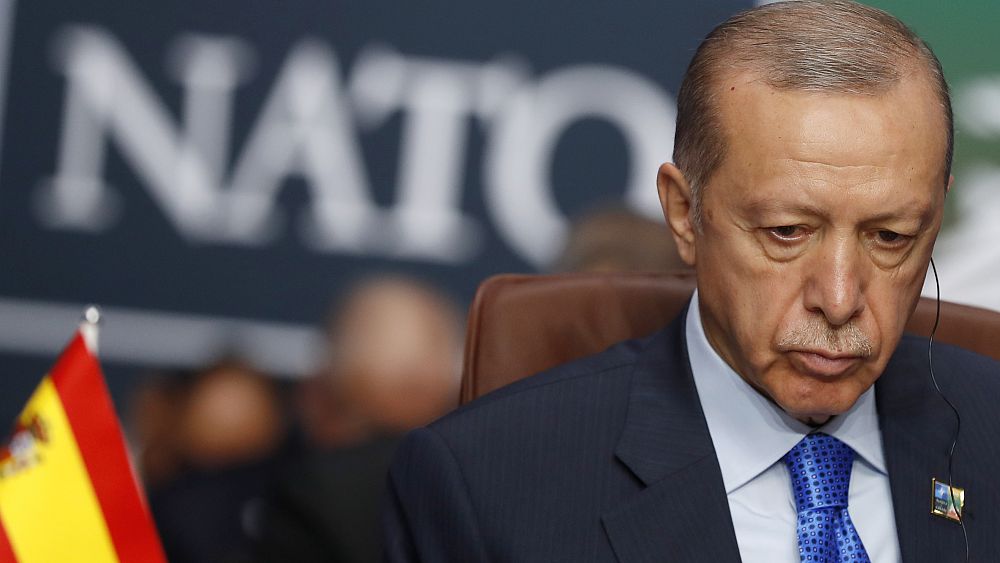
Ankara had refused to endorse Stockholm as a candidate for the Western military alliance since last year.
“This is a historic day because we have a clear commitment by Turkey to submit the ratification documents to the Grand National Assembly and to work closer with the Assembly to ensure ratification,” NATO Secretary General, Jens Stoltenberg said on Monday.
The agreement came unexpectedly, as Turkish President Recep Tayyip Erdogan had announced just the day before that he would only back Stockholm’s NATO candidacy if the European Union resumed long-standing membership talks with Ankara – a no-go for most EU countries.
In the end, Erdogan supported Sweden’s bid after he received the backing on key conditions that ranged from buying US F-16 fighter jets to visa-free travel in the Schengen area.
Nature Restoration Law survives
After months of bitter bickering, the European Parliament narrowly passed a key law to protect nature – a core pillar of the EU’s Green Deal.
Although details will still need to be thrashed out with member states, the law will place recovery measures on 20% of the EU’s land and sea by the end of this decade and on all degraded ecosystems by mid-century.
Leading the opposition was the centre-right European People’s Party which alleged that the Nature Restoration Law could undermine food security and stoke inflation.
Backers of the bill accused them of scaremongering ahead of European elections next year.
That begs the question: Could campaigning on people’s fear of inflation be a winning argument?
Only if the economic environment remains volatile and inflation remains stubbornly high, which, for now, seems to be the case.
Ann-Katrin Petersen, a senior investment strategist and director at the BlackRock Investment Institute, said in an interview that this is likely to remain.
“The reality is that inflation has come down driven by lower energy prices. This is a relief for private households and firms in Europe,” Petersen told Euronews.
“However, a number of factors, including the tight labour market – let’s bear in mind that euro area unemployment is still close to a multi-decade low – mean higher wages and higher underlying cost pressures.
“So, in a nutshell, we might face sticky inflation,” she added.
MEPs back weapons production
The Nature Restoration Law was not the only consequential vote to take place in the Parliament this week.
On Thursday, it backed the use of as much as €500 million from the EU budget to finance the bloc’s industrial production capacities for ammunition, such as ground-to-ground missiles and artillery.
The regulation, known as the Act in Support of Ammunition Production (ASAP), was proposed by the European Commission in May, but was fast-tracked through the EU legislative process, with almost all the political groups voting in favour of it.
“We should not refrain from defensive capabilities support like the one that we are giving with this regulation, to ensure that Ukraine would not run out of the ammunition they need to defend from the aggression,” Brando Benifei, an Italian socialist MEP told Euronews.
It is the first time that the EU has directly financed the production of weapons. But not everyone was happy about it.
“This means that we now have a situation in which the European Union funds not just research and development for arms, but not just by arms, but is also going to fund directly the production of weapons from companies that are making excessive profits already,” Marc Botenga, an MEP from the Left told Euronews.